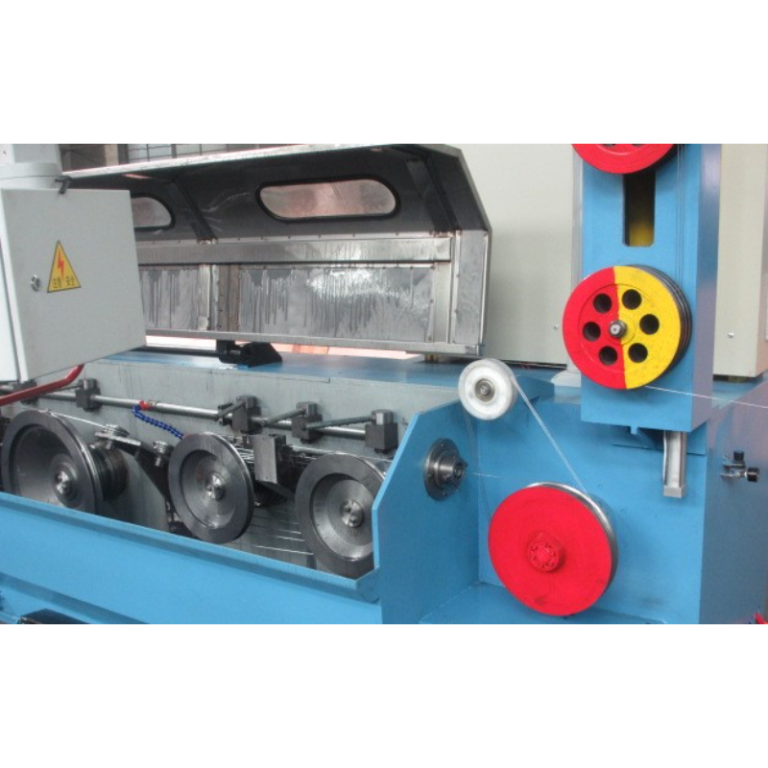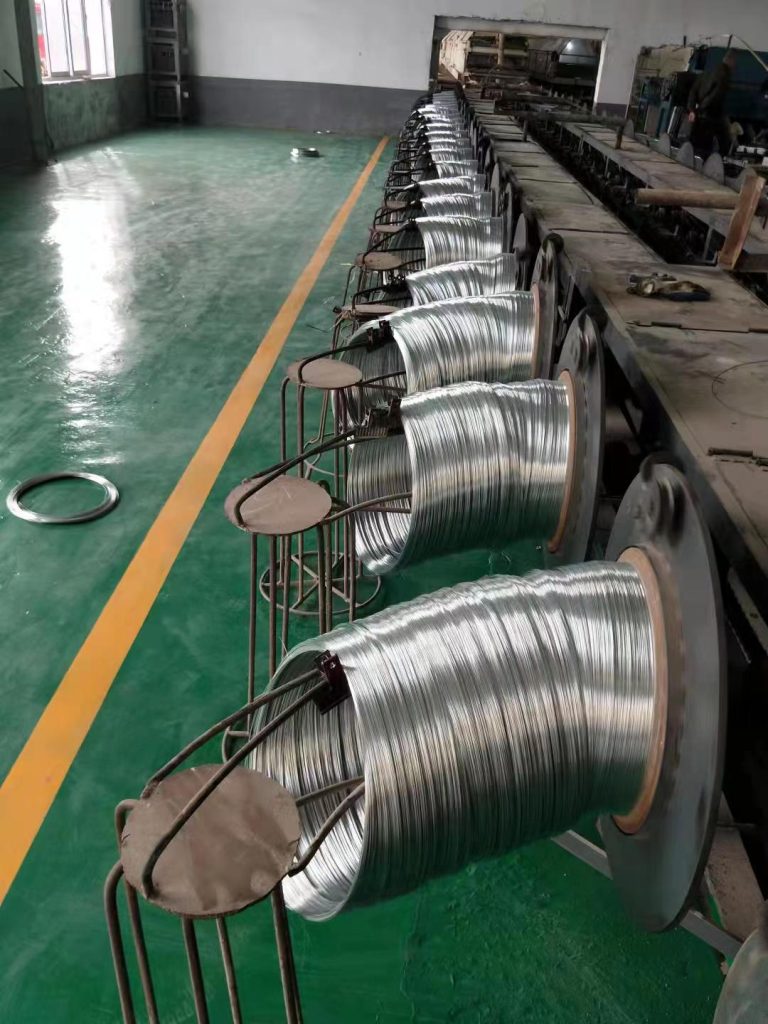Benefits of Using Copper Wire in Electrical Applications
Copper wire has long been a staple in electrical applications due to its numerous benefits and properties that make it an ideal choice for conducting electricity. When combined with zinc to create copper-zinc wire, the resulting alloy offers even more advantages for various electrical uses.
One of the primary benefits of using Zinc Wire Production Line in electrical applications is its high conductivity. Copper is one of the most conductive metals, allowing electricity to flow through it with minimal resistance. This means that copper wire can efficiently transmit electrical signals and power, making it a reliable choice for a wide range of applications, from household wiring to industrial machinery.

In addition to its high conductivity, copper wire is also highly durable and resistant to corrosion. This makes it a long-lasting option for electrical installations, as it can withstand the elements and harsh conditions without deteriorating. Copper wire is also flexible and easy to work with, allowing for easy installation and maintenance.
When zinc is added to copper to create copper-zinc wire, the resulting alloy offers additional benefits. Zinc helps to improve the strength and durability of the wire, making it even more resistant to wear and tear. This makes copper-zinc wire a reliable choice for applications that require a high level of durability, such as outdoor wiring or industrial machinery.
Another advantage of using Zinc wire drawing machine is its antimicrobial properties. Copper has been shown to have natural antimicrobial properties, which can help to reduce the growth of bacteria and other harmful microorganisms on the surface of the wire. This makes copper-zinc wire a hygienic choice for applications where cleanliness is important, such as in hospitals or food processing facilities.
Furthermore, copper-zinc wire is also a cost-effective option for electrical applications. While copper wire may be more expensive than other types of wire, its long lifespan and low maintenance requirements make it a cost-effective choice in the long run. The addition of zinc to copper wire can further enhance its durability and longevity, making it an even more economical option for electrical installations.

In conclusion, copper wire offers numerous benefits for electrical applications, from its high conductivity and durability to its antimicrobial properties and cost-effectiveness. When combined with zinc to create copper-zinc wire, these advantages are further enhanced, making it an ideal choice for a wide range of electrical uses. Whether you are wiring a home, installing machinery, or working in a healthcare setting, copper-zinc wire is a reliable and efficient option that can meet your electrical needs.
The Importance of Zinc Coating on Wire for Corrosion Resistance
Copper and zinc wire is a popular choice for various applications due to its conductivity and strength. However, one of the main concerns with using copper wire is its susceptibility to corrosion. This is where zinc coating comes into play, as it provides a protective layer that helps prevent corrosion and extends the lifespan of the wire.
Zinc coating, also known as galvanization, involves applying a thin layer of zinc to the surface of the wire through a process called hot-dip galvanizing. This process involves immersing the wire in a bath of molten zinc, which forms a bond with the underlying copper surface. The zinc coating acts as a barrier that protects the copper from exposure to moisture, oxygen, and other corrosive elements that can cause rust and degradation.
One of the key benefits of zinc coating on copper wire is its ability to enhance the wire’s corrosion resistance. Copper is a reactive metal that is prone to oxidation when exposed to air and moisture. This oxidation process can lead to the formation of copper oxide, which weakens the wire and compromises its performance. By adding a zinc coating, the wire is shielded from these corrosive elements, ensuring that it remains durable and reliable over time.

In addition to improving corrosion resistance, zinc coating also enhances the aesthetic appeal of copper wire. The shiny, metallic appearance of zinc-coated wire adds a sleek and professional look to various applications, making it a popular choice for architectural, decorative, and industrial purposes. The zinc coating can also be further enhanced with additional finishes, such as chromate conversion coatings or paint, to provide additional protection and customization options.
Another advantage of zinc coating on copper wire is its self-healing properties. In the event that the zinc coating is scratched or damaged, the zinc layer will sacrificially corrode to protect the underlying copper surface. This sacrificial corrosion process helps prevent the spread of corrosion and extends the lifespan of the wire, ensuring that it remains functional and reliable even in harsh environments.
Zinc coating on copper wire is also environmentally friendly, as zinc is a naturally occurring element that is non-toxic and recyclable. This makes zinc-coated wire a sustainable choice for various applications, as it can be reused and repurposed without causing harm to the environment. Additionally, the long lifespan of zinc-coated wire reduces the need for frequent replacements, further reducing waste and energy consumption.
Overall, the importance of zinc coating on copper wire for corrosion resistance cannot be overstated. By adding a protective layer of zinc to the surface of the wire, it enhances its durability, longevity, and performance in various applications. Whether used in electrical wiring, construction, or industrial settings, zinc-coated copper wire offers a reliable and cost-effective solution for preventing corrosion and ensuring the longevity of the wire.






